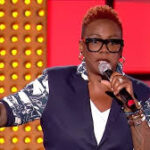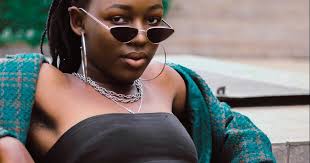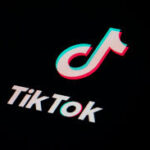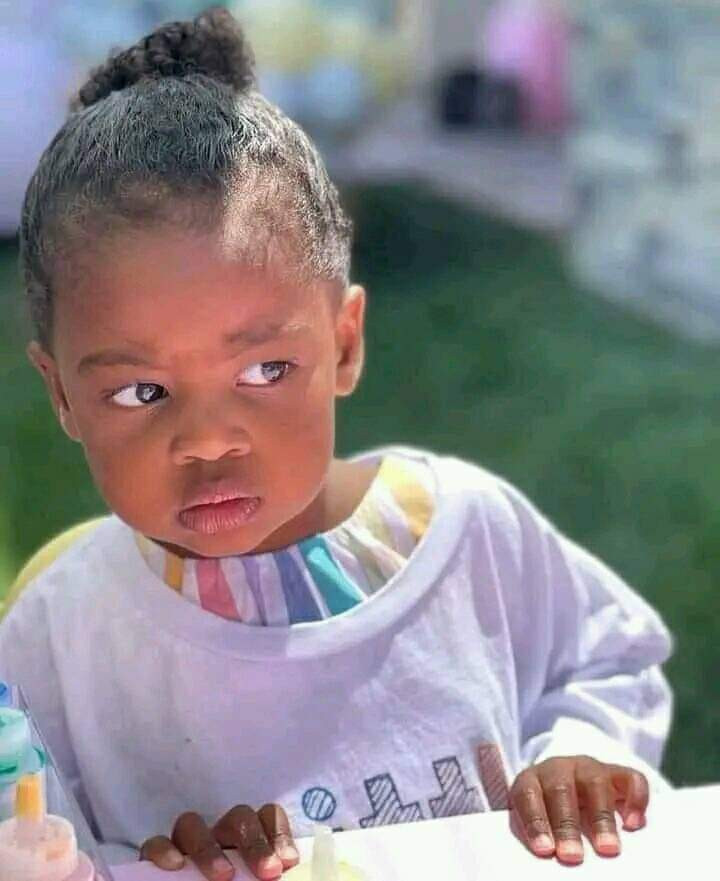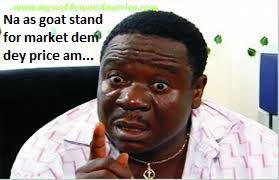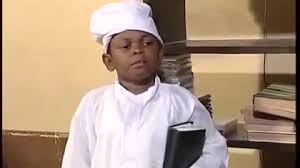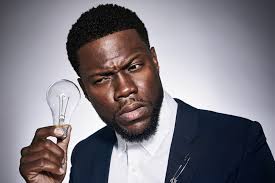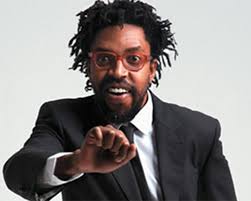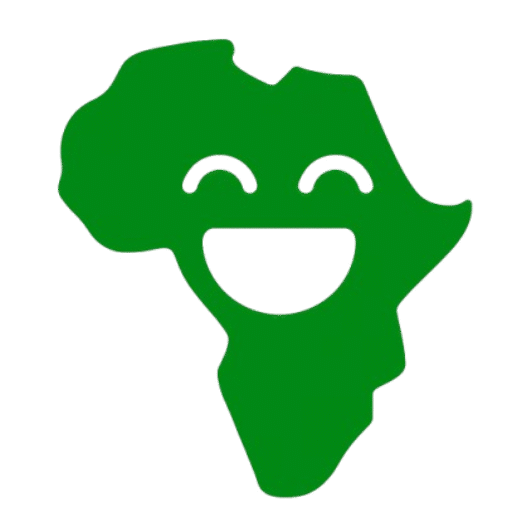Once upon a time, African humor rarely crossed continents. Comedy legends like Ali Baba, Basketmouth, and Anne Kansiime made millions laugh at home — but few African comedians had the global spotlight. Fast-forward to 2025, and the stage has changed. From Netflix specials to late-night shows and Hollywood sitcoms, African comedians are now front-row players in the global comedy circuit.
So, who are the faces behind this laughter revolution? Here are 10 African comedians you should know if you love stand-up in the US or UK.
1. Trevor Noah (South Africa)
Then: The former Daily Show host rose from the townships of Johannesburg to global fame, becoming one of the most influential satirists of his generation.
Now: Since stepping down from The Daily Show, Noah has focused on international tours, podcasting, and producing African talent through his media company. His Netflix special I Wish You Would continues to trend globally.
Why it matters: Trevor’s success opened the floodgates for African voices in Western comedy, proving that cultural wit can transcend borders.
2. Gina Yashere (Nigeria/UK)
Then: A pioneer for Black British women in comedy, Gina started out in the UK’s comedy clubs before moving to Los Angeles.
Now: She’s a co-creator and writer on CBS’s Bob Hearts Abishola — a groundbreaking sitcom about a Nigerian nurse in America.
Why it matters: Gina is one of the few African comedians shaping mainstream American TV from behind and in front of the camera.
3. Michael Blackson (Ghana/US)
Then: Known as “The African King of Comedy,” Blackson made a name in the US during the early 2000s with his exaggerated African persona and fearless delivery.
Now: Beyond stand-up, he’s a philanthropist — recently opening a free school in Ghana.
Why it matters: He represents the blend of African pride and American hustle, using comedy as both entertainment and empowerment.
4. Loyiso Gola (South Africa)
Then: A local favorite in South Africa thanks to Late Nite News with Loyiso Gola.
Now: His Netflix special Unlearning introduced him to global audiences, where his sharp political humor resonates with both African and Western viewers.
Why it matters: Gola’s storytelling bridges African realities with global humor — a key element in the rise of international African comedy.
5. Elsa Majimbo (Kenya/US)
Then: Majimbo became an internet sensation during the COVID lockdown, using homemade videos and sarcastic charm.
Now: She’s signed deals with Valentino and graced the cover of Teen Vogue.
Why it matters: She represents the Gen-Z shift — comedians building global fame straight from Instagram and TikTok, not comedy clubs.
6. Daliso Chaponda (Malawi/UK)
Then: After appearing on Britain’s Got Talent, Daliso became one of the first Malawian comedians to gain mainstream UK recognition.
Now: His BBC Radio 4 show Citizen of Nowhere explores migration, race, and identity through humor.
Why it matters: Daliso’s intellectual style and wit give the Western audience a refreshing, brainy look at African life and diaspora realities.
7. Basketmouth (Nigeria)
Then: A household name across Africa, Basketmouth helped shape Nigeria’s modern comedy industry.
Now: He’s expanded to music and film, collaborating with artists like Falz and MI Abaga, while touring Europe and North America.
Why it matters: Basketmouth’s transition from African icon to international act mirrors the evolution of African entertainment — versatile, bold, and global.
8. Tumi Morake (South Africa)
Then: One of South Africa’s first female stand-up stars.
Now: She’s been featured on Netflix’s Comedians of the World and continues to use comedy as activism.
Why it matters: Morake’s voice challenges stereotypes and opens doors for more African women in global comedy circuits.
9. Eddie Kadi (DR Congo/UK)
Then: The first Black British comedian to headline the O2 Arena in London.
Now: He recently appeared on Strictly Come Dancing and co-hosts BBC Africa’s Focus on Africa.
Why it matters: Eddie is a bridge between Afrobeat culture and UK entertainment — representing how African energy is shaping mainstream media.
10. Long John (Zimbabwe)
Then: Winner of Steve Harvey’s Stand Up Spotlight, he burst onto the scene with clean, relatable humor.
Now: Touring internationally and featured in comedy festivals across the US and UK.
Why it matters: Long John shows that you don’t need to live abroad to break into global comedy — just talent, timing, and a little African charm.
Then vs Now: The African Comedy Evolution
Then: African comedy was largely regional — driven by live shows and local TV.
Now: Platforms like Netflix, YouTube, and TikTok have democratized laughter. African comedians no longer wait for “Western validation” — they’re exporting humor directly to global audiences.
In 2025, the conversation isn’t “Can African comedians make it globally?” — it’s “Who’s next?”
From Cape Town to Chicago, African humor has become a universal language. Whether it’s witty takes on immigration, cultural confusion, or the simple joy of laughter, these comedians are changing how the world sees Africa — one punchline at a time.
Final Thoughts
The global comedy stage has a new rhythm, and Africa is setting the beat. These ten comedians represent more than laughter — they’re ambassadors of creativity, identity, and hope.
So the next time you attend a comedy show in New York, London, or Los Angeles — listen closely. The accent of the future might just be African.



